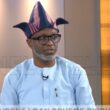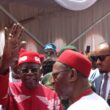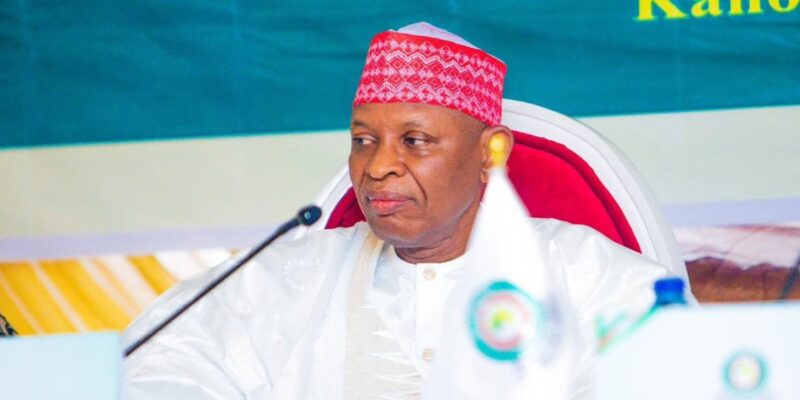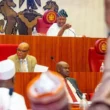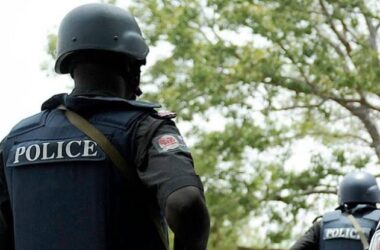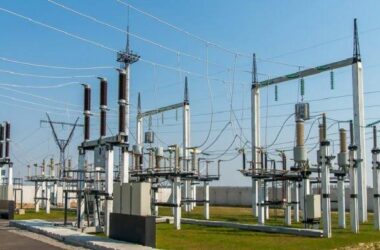The Kano State government has introduced a sweeping ban on live political programmes across television and radio stations in the state. This decision, which was made public after a meeting with media leaders, has sparked debate among journalists, civil society groups, and human rights advocates.
At the center of the policy is the Kano Commissioner for Information and Internal Affairs, Comrade Ibrahim Garba Waiya, who announced the ban during a closed-door session with top media executives.
According to the new guidelines, all live political programming has been suspended indefinitely, and journalists are now restricted from asking what authorities describe as “provocative” or “offensive” questions during interviews.
The announcement came via a statement signed by the Ministry’s Director of Special Duties, Sani Abba Yola. The directive states that any guest invited to a media interview must first sign a written agreement promising not to use abusive, defamatory, or culturally disrespectful language.
In addition, presenters are now required to steer clear of questions or gestures that could provoke controversial discussions or cast the government in a negative light.
Comrade Waiya has noted that the government’s goal is to preserve Kano’s cultural and religious values, not to suppress political views or media freedom. “Our goal is responsible communication that respects our values. This policy is about protecting our dignity, not about targeting opposition voices,” he said.
However, this position has not gone unchallenged. Several journalists and media watchdogs have voiced concern, saying the move appears to be an attempt to silence dissent and tighten the state’s grip on public discourse.
One local journalist, who requested anonymity, stated, “This is censorship disguised as cultural protection… Banning live political debates and policing journalists’ questions is a dangerous precedent.”
The situation has drawn further attention due to the recent arrest of two journalists—Buhari Abba of Kano Times and Ismail Auwal—after they published a report critical of the government. Though no official reason was given for their detention, media rights groups claim it was politically motivated and ordered by Comrade Waiya.


